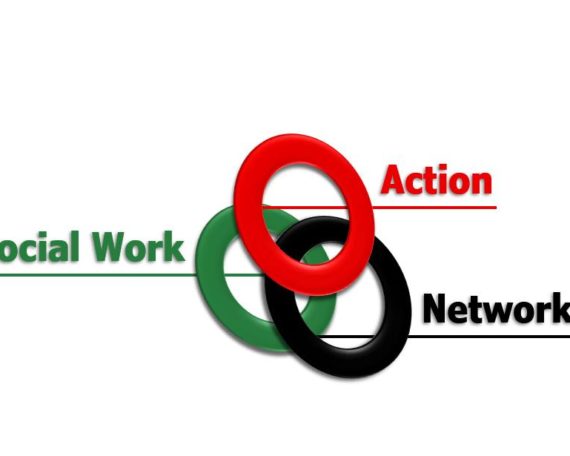Exploring The Role Of Social Workers In Tackling Radicalisation
(Prevent is part of the government’s counter-terrorism strategy, CONTEST. The aim of the strategy is to stop people becoming terrorists or supporting terrorism).
Young people are often ‘searching’ for an identity, but also a meaning to life so that they can ‘fit in’. Young people want answers to questions, and when they cannot get appropriate answers with proper reasoning they move their attention elsewhere. Sometimes the groups that young people turn to for guidance are misguided themselves, which exacerbates the problem. When incorrect information is delivered to young people that convinces them that no other opinion matters, they accept it as being the truth. Problems continue to arise when young people move away from these groups, and when they begin the rehabilitation process afterwards, because they now carry a guilt that they have to live with.
Social workers have to take a sensitive approach when they complete an assessment for a troubled young person who has been identified as being radicalised. This involves understanding the young person’s motivations behind contemplating acts of terrorism. Equally, it is important to understand the ‘self’. The word ‘self’ has two meanings here, firstly, understanding how the young person sees themselves and secondly, how they perceive the world around them. By doing this, the practitioner is able where necessary to challenge the perceptions of the young person. However, it is key for the practitioner to be trained and to have the correct knowledge and skills to get the young person to critically reflect upon their actions, and to get the young person to understand the consequences of any wrong-doing. The key in all successful intervention is indeed communication.
Policy developments such as CONTEST are perhaps a positive step in the right direction, but obviously not enough to deter young people from contemplating acts of terrorism. The government needs to stop putting up barriers and labelling young people as ‘terrorists’, this is not helping at all. Getting social workers to take the lead and to some degree police young people is not the answer. This is creating a “them and us” situation, which makes it difficult for both the practitioner and young person to challenge power differences. The government’s CONTEST strategy is failing: there are unanswered questions particularly about risk, thresholds and when practitioners should intervene.
There is a fine line between appropriate work and invading someone’s space and privacy. Practitioners frequently come across some harrowing situations, which can challenge their own value base, and the solution here is for those working with vulnerable people to be fully equipped with the right knowledge, skills and for regular good supervision to take place. Gaining trust; relationship building; motivating and encouraging radicalised young people is uniquely difficult because challenging the value base that they have absorbed is not a simple task. It takes time and a great deal of energy, particularly when you have a high caseload of complex cases. The social worker has to have an understanding of culture, religion and be able to support the young person, whilst also dealing with the wider concerns of parental and wider family support, the groups that they associate with and safeguarding the young person’s best interests.
It is an easy option for the government to let social workers take on the work in some respects, because practitioners do work well with young people. However, the government has failed to focus enough on “community cohesion”; rather it has undermined the community it wants to reach and support. Revising the Prevent strategy doesn’t address the bigger problem!
There is no doubt that social work must be open and accepting of change in the types of work it is expected to take on. However, no-longer can social workers sit back silently and allow government policies to negatively impact upon their work with vulnerable people, and it is important that practitioners continue to raise their voice and critique policies where required. Perhaps through innovation and confidence we can get the government to understand that social work can and will answer back!
Each and every one of us has a responsibility to build a better future for all to live in peace. Together we will bring change and make a difference!
Imran A. Mohammed

